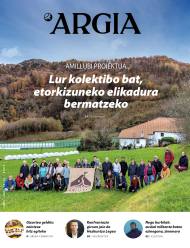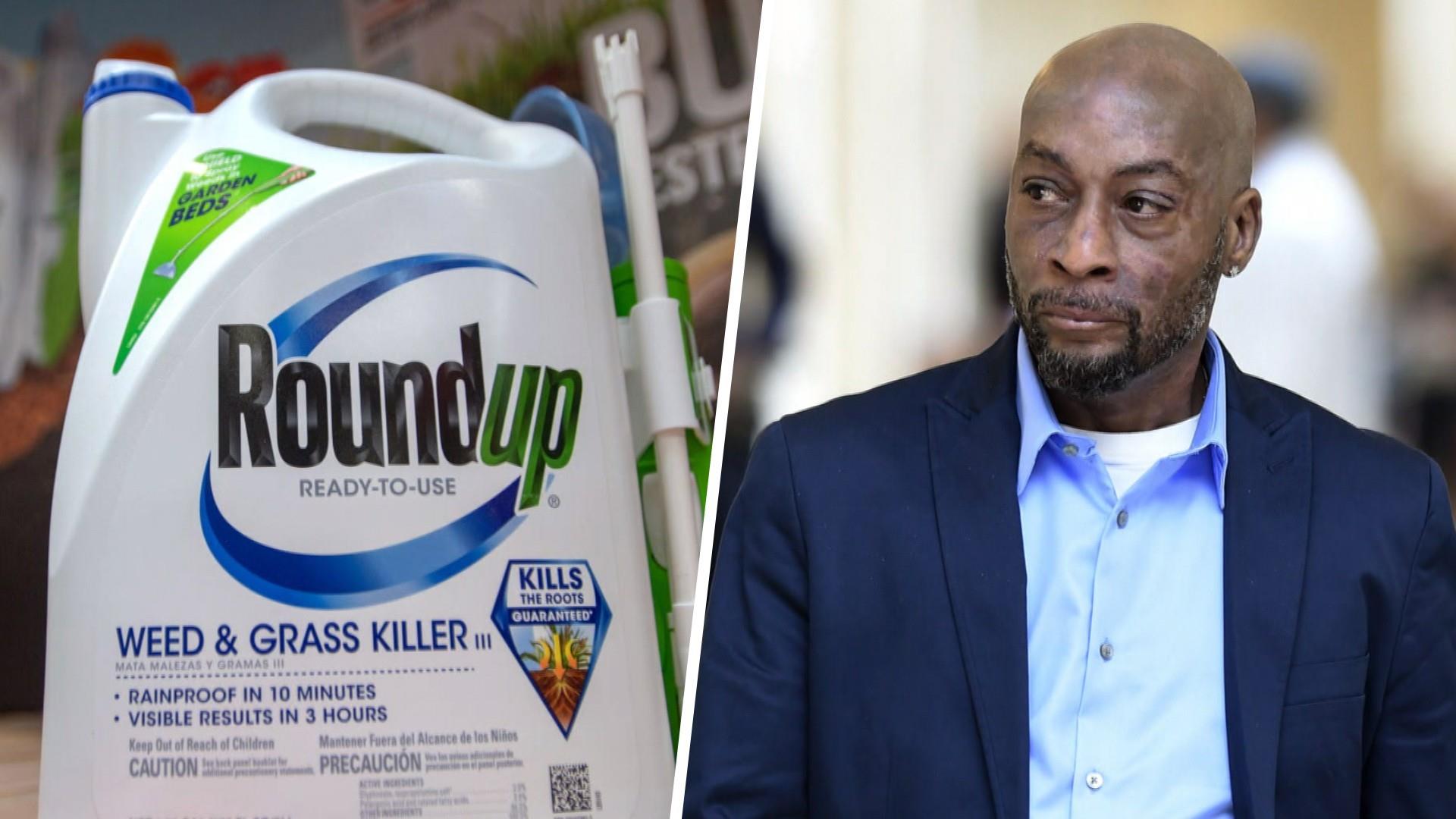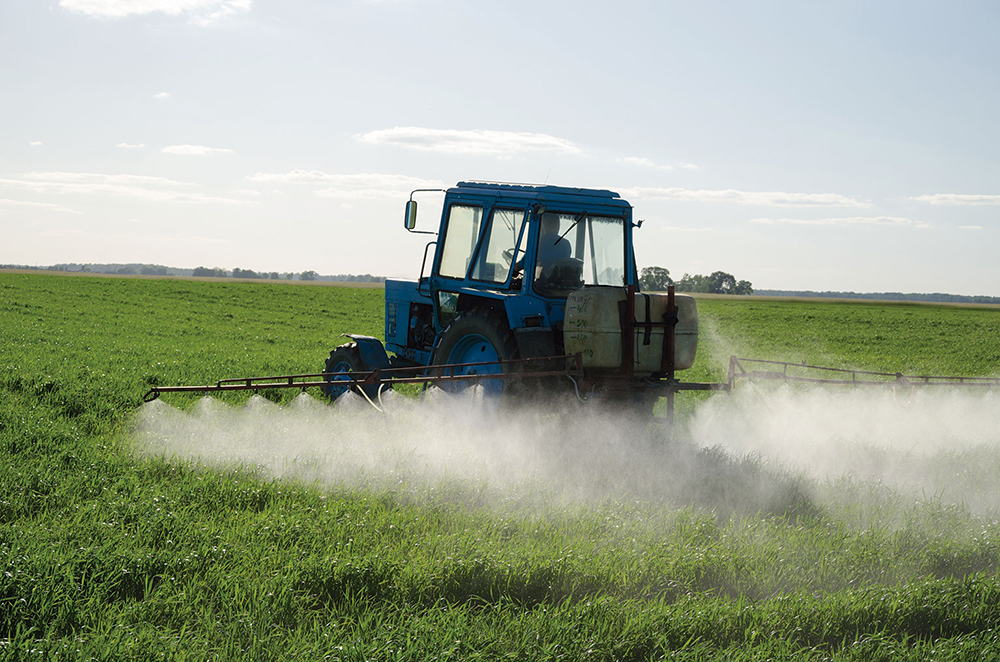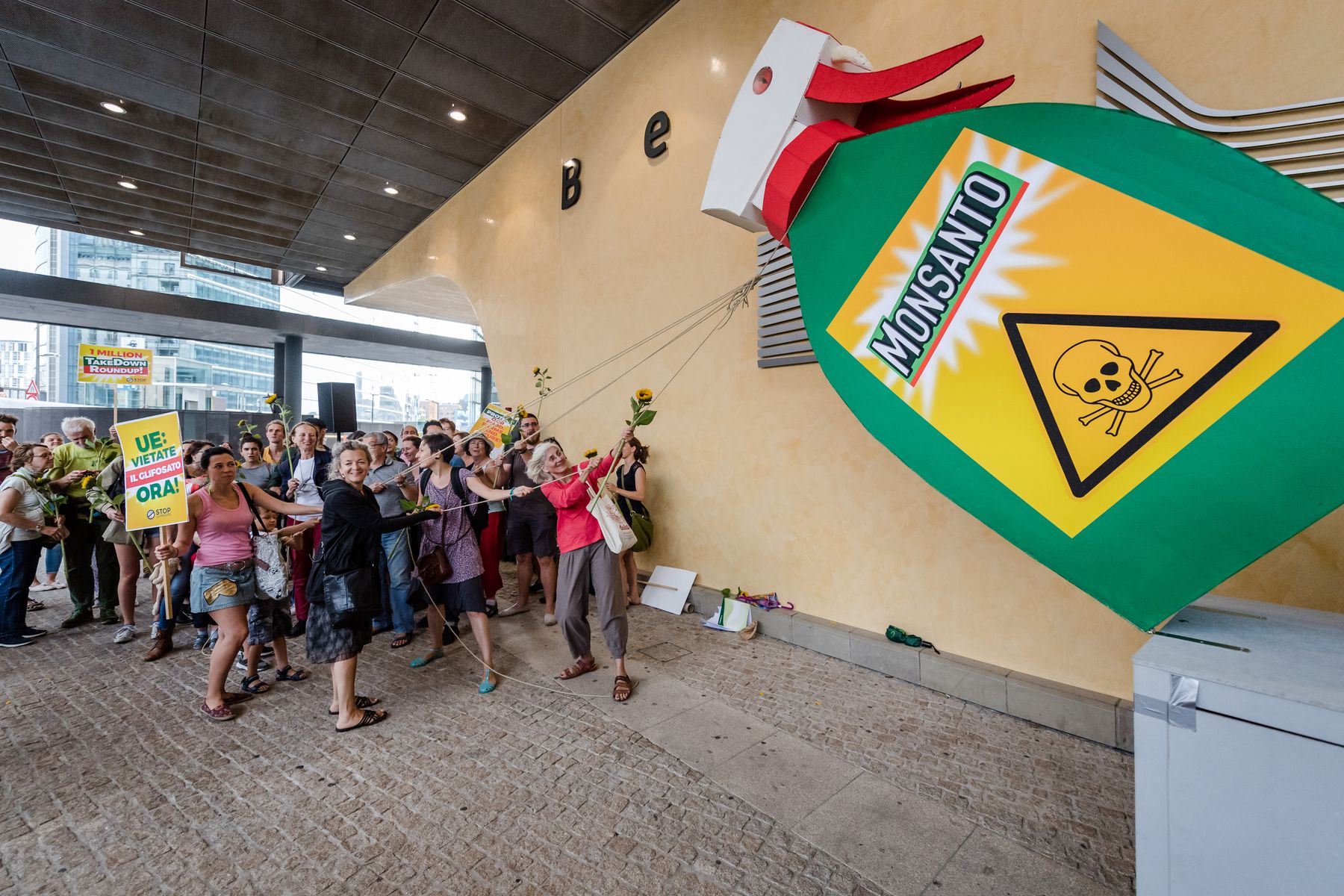There is a toxic lobby behind the European decision to authorise glyphosate
- The use of herbicide glyphosate was extended by the European Commission on 16 November for a further 10 years. Inconsistent decision to publish hundreds of scientific research demonstrating product toxicity. It is also inconsistent, knowing that 113,000 US citizens have been compensated by the glyphosate company Bayer, and that it still has 47,000 disputes over the development of cancer following the use of herbicide. But all this seems not to have enough weight in the face of agro-industrial lobbies.

Given the level of risk, the European Food Safety Authority has just concluded that there is no need to ban glyphosate. Once the effects on animals, humans and the environment have been analysed, herbicide can continue to be used. The European Chemicals Agency follows the same line: glyphosate is not carcinogenic and there is no risk of manipulation. In this respect, the European Commission defended on 16 November the extension of the authorisation for use for ten years.
In the absence of a clear position on the part of the Member States, Brussels is committed to continuing its use, leaving each Member State to decide on the conditions of use. Indeed, representing 65% of the population of the European Union, 15 states should support or not, but these two conditions have not been met: seventeen voted in favour, three against (Luxembourg, Croatia and Austria) and seven abstentions (France, Germany, Italy, Holland, Bulgaria, Belgium, Malta). “Once again, the European Commission prefers to be in the area of agrochemical lobbies; to follow scientific advice instead of taking into account the precautionary principle and to assume the pesticide ban.” This is Greenpeace's reaction.
As if it were a warning from the other side of the ocean, the following day, November 17, an American state court in Missouri forced Bayer to pay $1.5 billion in compensation, developed by three citizens using the glyphosate Roundup product. Because the relationship between herbicide and cancer is scientifically proven: Exposure to glyphosate-based herbicides and risk for non-Hodgkin lymphoma: A meta-analysis and supporting evidence (2019): “Glyphosate-based herbicides exposure and the possibility of developing non-Hodgkin cancer tests: glosad-41 analysis). In essence, since 2015 the International Center for Cancer Research has classified it as “probable carcinogenic.” The structure that forms part of the World Health Organization has been based on a thousand “independent” research to draw this conclusion.
Five European associations have therefore opposed the European Commission’s decision and are following the procedure in two months to request its review.
Given the number of scientific research confirming the risk of glyphosate and the European Union’s environmental and food objectives, under the Farm to fork or “farm to fork” programme, halving the use of pesticides by 2030 and allocating 25% of farmland to organic production, the European Commission’s decision is incomprehensible. Only by looking at agro-industrial lobbies can we understand. “The European Food Safety Authority rejects countless scientific research, around 90%, prioritizing those carried out by industrialists,” according to researcher Laurence Huc. As proof, Chuck Benbrook, an American pesticide economist, reveals the fact that 75% of the research by unopposed authors demonstrates the toxicity of glyphosate.
Influential lobby work
A bruyant lobby pour un printemps sileux. The Lobbying Toxiques of l’industrie des pesticides contre Farm to Fork (“A noisy lobby for a silent spring. The Farm to Fork report, the toxic lobby led by the pesticide industry, highlights the effective strategy of the assembled agro-industry. Lobby occupies an important place in the work and budget of the multinationals in the sector. Bayer, for example, committed EUR 7,000,000 in 2021 to influence the European Union. In general, they have different axes of work: contradictory studies to spread the consequences in favor of glyphosate and open up doubt about toxicity; communication to dirty the farm to fork; pressure as EE.UU. other allied states; and others.
One of the most cultivated is the ghost of hunger: the amount of food needed to satisfy the population cannot be produced in organic production and without herbicides and pesticides. The impact of the Ukrainian war on the market has also served to give more weight to this argument. However, the Co-President of the World Biodiversity Council, Josef Settel, makes it clear: “Political attempts to eliminate the sustainability objectives of the Green Deal do not protect us from the food crisis, but rather increase and perpetuate the crisis.”
Thus, researcher Huc becomes angry and looks at impotence with the body: “My job is to ensure the safety of substances. I have been in pesticides for five years and in hydrocarbons and dioxins for twenty years. I should like to see that we have scientific knowledge [to prove the toxicity of glyphosate] but that they do not serve any regulation or policy decisions.”
Knowing that in the United States there are thousands of complaints against the glyphosate producer, Bayer, the company showed willingness to pay compensation in 2020: allocating $16 billion to 113,000 people affected by cancer for the use of the roundup product. However, it has another 47,000 litigation awaits. 113,000 is a fat number... but surely it is not enough for the head to perpendicular to the pressure of lobbies.
Regretting the desire to ban glyphosate, the president of the FNSEA, known in this lobbying work, states that the environment cannot “be managed separately from cultivation”. But that is precisely what led us to the current ecological crisis: cultivation was separated from the environment and focused exclusively on productivism. Disaggregating the environment. Discouraging the environment and the health of thousands of farmers.
Glifosatoa baliatzeko hamar urteko luzapena babestu du Europako Batzordeak. Herbizida gisa munduan gehien erabiltzen den produktu kimikoa da, eta potentzialki minbizi sortzaile izateagatik ezaguna da.
Europako Batzordeak 2022. urtearen amaierara arte eta baldintzarik gabe luzatuko du glifosatoaren baimena, EBko Landare, Animalia, Elikagai eta Pentsuen Batzordean (SCoPAFF) estatu kideek horren alde bozkatu eta gero. Eurolegebiltzarrak eskatua zuen bost urte barrurako erabat... [+]
2016ko hasieratik bosgarren aldiz, Europako Batzordeak ez du lortu EBko estatu kideen gehiengoa glifosato herbizidari baimena luzatzearen alde agertzea. Indarrean dagoen baimena aurtengo abenduaren 31n iraungiko da, eta beste hamar urterako berritu nahi du Batzordeak,... [+]
Urriaren 25ean glifosato herbizidaren merkaturatze-baimena luzatu edo eteteaz bozkatuko dute Europar Batasuneko estatu kideek. Aurtengo abenduaren 31n iraungiko da gaur egun indarrean dagoen baimena, eta Europako Batzordeak beste hamar urterako berritzea proposatu du, 2015ean... [+]
























